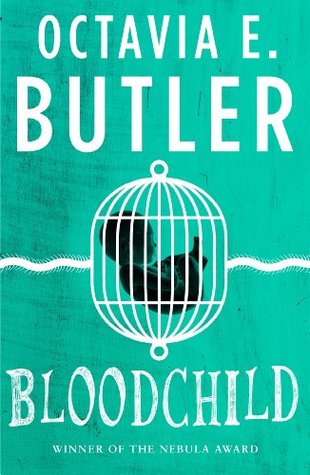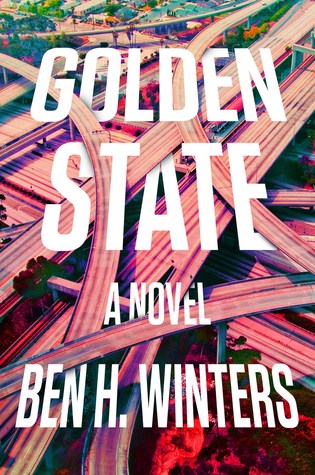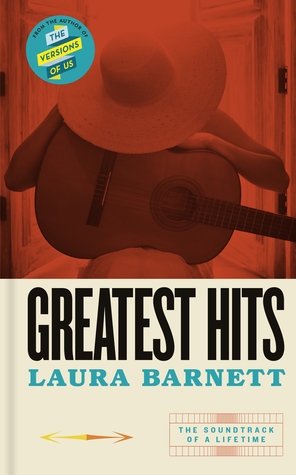“One message. 158 names. Send to all. But who will be there when you need them the most?”
Genre: General fiction/contemporary fiction
Similar to: Will Carver but with fewer errors
Could be enjoyed by: People who like a darker side to their fiction.
Trigger warnings: Suicide, depression, anxiety, general mental health issues
Publication date: 29th October 2020 (one in a long line of “oops – missed the publication date by a mile)
I’m a huge fan of Mark Watson, with his geeky, awkward, slightly manic comedy and his apparent inability to navigate 21st century life. However, I’d never read any of his novels so I was intrigued when Contacts popped up on Netgalley. The premise is quite unusual – a YOUNG man (I refuse to say middle aged – he’s about the same age as me) called James decides to take his own life and sends out a text to all of his contacts telling them what he is about to do – but then puts his phone on aeroplane mode. While his family and friends are desperately trying to reach him, James quietly sits on the sleeper train to Edinburgh with two pork pies, some biscuits and a six-pack, preparing himself for his last 24 hours on earth.
DUM DUM DUMMMMM! (Drama ensues). I can’t really say much more without *spoilers* but obviously the storyline follows the desperate quest to stop James from doing what he’s about to do, whilst he obliviously sits on a train moving further away from everyone who loves him. What I can say though is that I was completely hooked and didn’t want to put the book down.
Obviously, writing a book where the main character spends the whole time wanting to die is incredibly… brave? risky? difficult? all of the above? but Waton handles the whole thing with incredible sensitivity. It’s hard to read the novel without reflecting on where his knowledge of suicidal thoughts came from (Watson has been quite open in the past about his struggles with his own mental health) but I thought this made the writing feel completely authentic. I did worry that as the novel progressed I would be dragged into a pit of despair but thankfully there’s lots of moments of levity that lighten the overall tone.
I originally thought that the book’s premise was pretty straightforward but I loved how much depth was added through the exploration of relationships with other characters and in turn, the way that we maintain them through the use of technology. In particular, I really felt for James’ mum, who didn’t really use a mobile or social media and so was completely cut off from her son in all sorts of different ways and had to rely on others to ascertain where he might be. Her helplessness was palpable and I found her parts of the story the most difficult to read.
Overall, I thought that Contacts was quite a unique book. It was highly emotional but difficult topics were tackled very sensitively and some well placed funny moments helped to keep the tone far lighter than expected. I ended up sitting in a cold bath until 1:30am because I couldn’t wait to see how it ended, which is perhaps all you needed to know (I should probably have put that sentence first).
Five “I’m literally shivering but just one more chapter”s out of five.
Bleakly heartwarming and highly recommended
Please note that I read this book for free in exchange for an honest review courtesy of NetGalley. Thanks NetGalley!


























You must be logged in to post a comment.